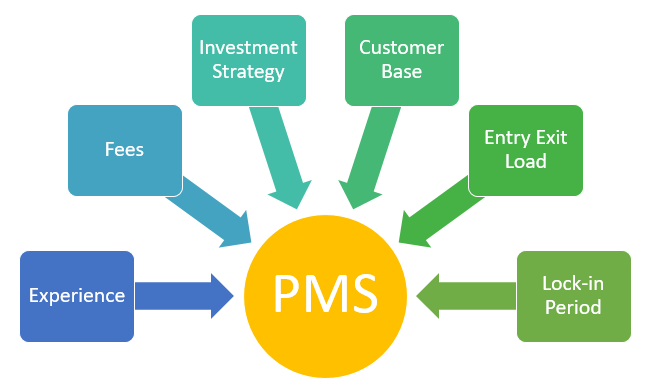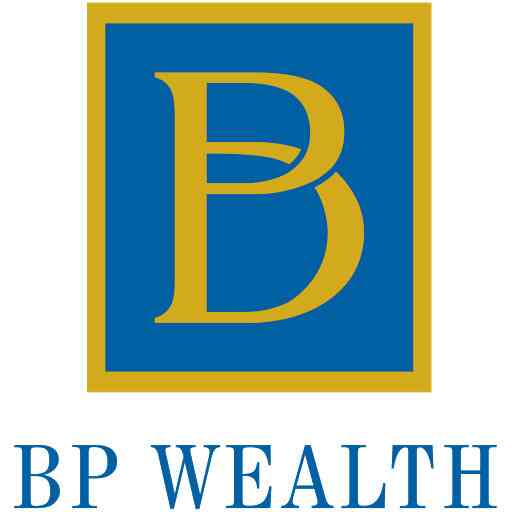Great Service
Portfolio Management Services(PMS)

All you need to know about Portfolio Management Services(PMS)
We turn towards the stock market, expecting to make a fortune. Yet a majority of times, most of the investors are victimized between the emotions of greed and fear. The trouble is that many investors tend to over-diversify their portfolio by adding more number of stocks, which is likely to take the investor backwards rather than forward. Investing is an art form. It takes knowledge about the stock market, but more importantly, it requires a strategy and understanding of the businesses and economic cycles.
Portfolio Management Services (PMS), is investment management services offered by the Portfolio Manager. The investment portfolio can be diversified into stocks, fixed income, and other structured products. These services can potentially be structured and tailored to meet specific investment objectives based on the risks, rewards and the goals of the investor as reflected in the Investment Policy Statement (IPS). PMS offers customized equity options, but to avail service of a Portfolio manager, you should have a large sum of money to invest (discussed later in the article).
A portfolio manager has a thorough understanding of the businesses and uses it to improve investor's gains. The manager must have a clarity of the investor's risk and reward expectations to use an appropriate and suitable strategy in order to deliver the high potential returns.
Types of Portfolio Management
-
Active Portfolio Management
The active portfolio manager aims to make better returns than the overall markets i.e. to generate Alpha. Higher returns would involve higher than normal risk in the strategies and therefore, the portfolio manager tries to downsize the risk by diversifying its investments into various asset classes, sectors and businesses. The turnover of the assets under management is generally high as compared to Passive style of managing funds. -
Passive Portfolio Management
Exactly opposite to the previous type is the Passive style of portfolio management. The portfolio manager generally experiments with the Index funds which has a relatively lower turnover and reasonably decent long term returns. -
Discretionary Portfolio Management
A discretionary manager is given full flexibility to make decisions for the investor. While the individual goals, risk appetite and time-frame are taken into consideration, the manager adopts the appropriate strategy which he thinks is the best suiting the investment policy statement. The fees for such managed funds are generally higher because of higher involvement in decision making as well as more efforts by the manager. Once the cash has been handed to the professional, the investor sits back and trusts that the profits will roll in. -
Non-Discretionary Portfolio Management
The non-discretionary manager is more like an advisor than a portfolio manager himself. He advises the investor in which routes are best to take. The risks and rewards are cleared mentioned in the advisory note while the discretion to take action is totally with the investor. Only once the manager has been given the go ahead, the portfolio manager takes the appropriate action on the investor's behalf.
Providing Services In
-
Portfolio Management Services






